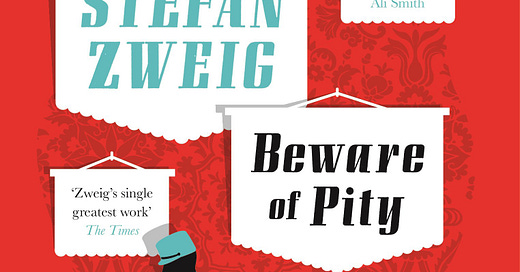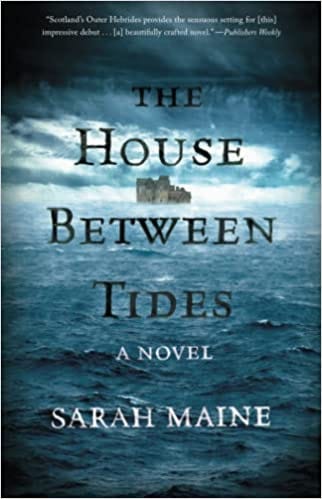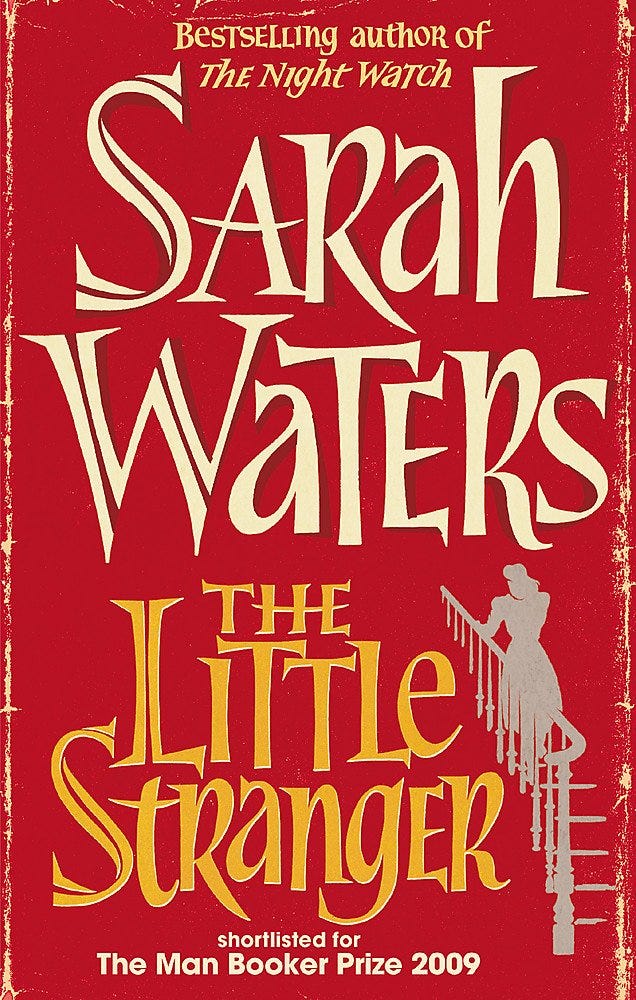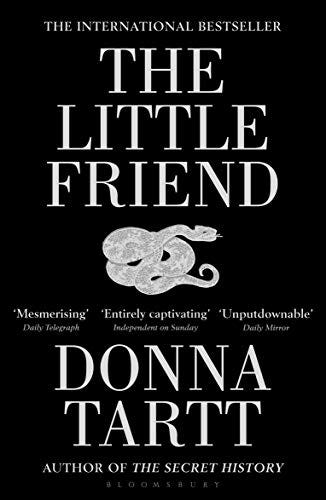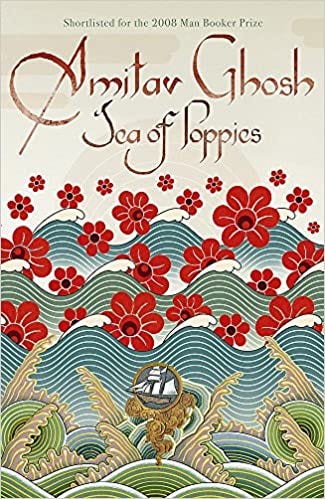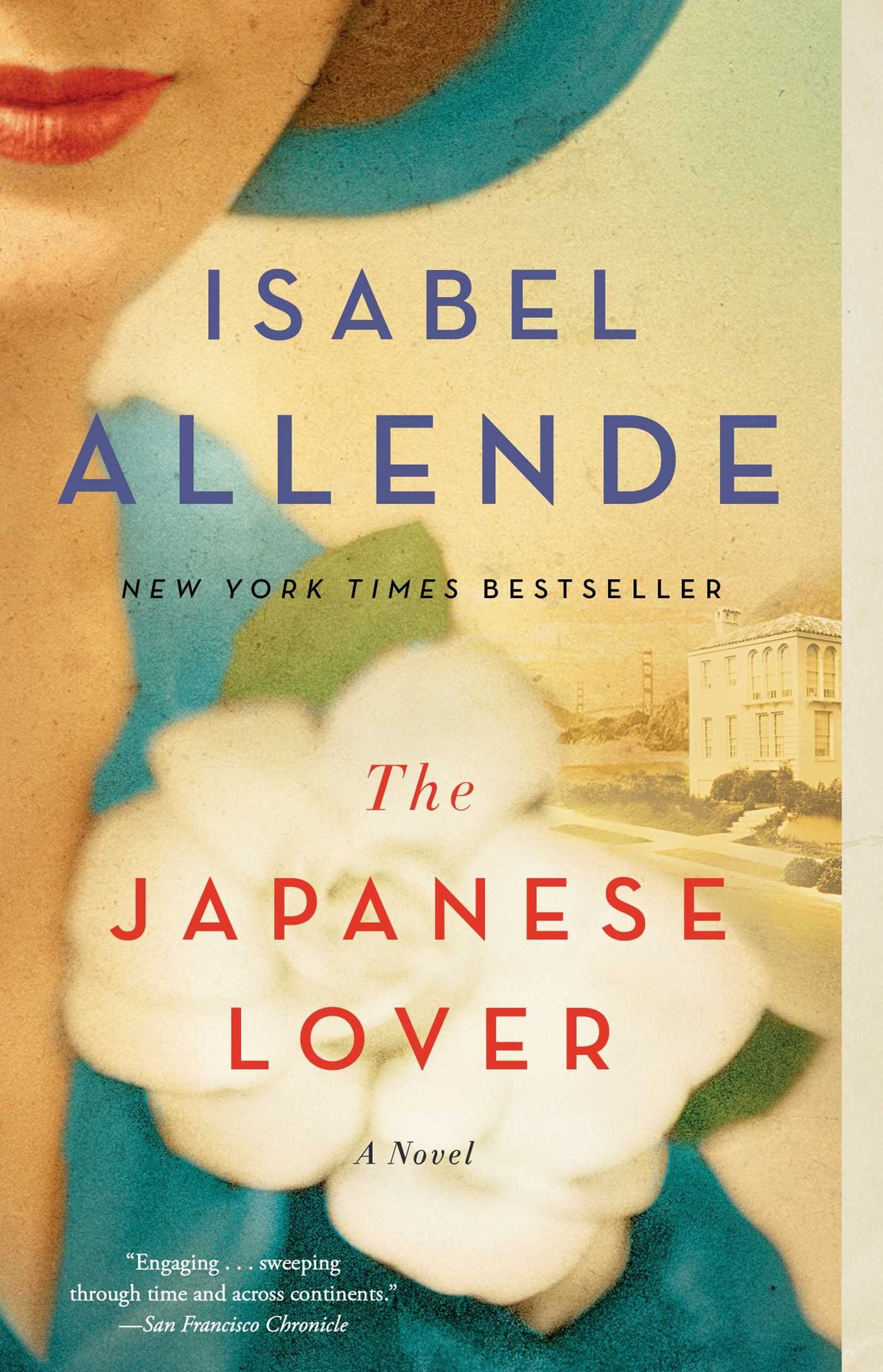I got a few ebook advance review copies recently which forced me to dig my Kindle Fire out from the drawer I’d thrown it into, frustrated at that awful, awful device. While I had it out I did a bit of a tidy, clearing things I’d read and downloading everything I hadn’t, which pushed me into reading a few of them.
I bought Beware of Pity by Stefan Zweig in 2015, partly because it was on Pushkin and pretty much everything they publish is worth reading, and partly because a recommendation on the cover from Ali Smith is good enough for me, but then it sat on my Kindle unread until now. The main reason, I think, is because the first chapter reminds me of two books I’d read around the same time and I couldn’t stomach another like that. Over time it built up into my head as something that was going to be very well written but romantic in a juvenile way, and there was always something better on my shelf. I’m happy to say I was wrong. The first chapter is a frame within which the story is told, and while that narrator has a voice that sets off warning bells, the main narrator doesn’t. It’s a classically German tale of a young officer, but with a very modern sensibility, though I wouldn’t join Ali Smith out on the branch of “intoxicating”.
I actually bought Sarah Maine’s The House Between Tides when it was first published as Bhalla Strand in 2014, another Freight title that went the way of all Freight titles. Maine happily found a new home for the book and has gone on to publish four other novels. I have absolutely no idea why I didn’t read it at the time - I tended to read everything Freight published, partly because they were putting out so many great authors but also because I was an editor there and it pays to have an overview of the output. I can only think in this case that because it was an ebook, it fell between the cracks in the ether. I guess if you ask any author which would you prefer: someone to read your book but not pay for it, or to buy it but not read it, we’d all go for the latter. Of course we’d prefer buy it, read it, love it, tell others, but if those are your only two choices. Anyway, I have now bought it and read it, and loved it and am now telling others. It’s a great book, a love story, an exploration of class divisions in the Highlands, and a mystery involving the art world and a long-buried skeleton.
I’ve made a couple of false starts with The Little Stranger by Sarah Waters, but this time I got through it. I love Sarah Waters, Fingersmith being a particular favourite, but I just couldn’t get into this. I finished it mainly because I wanted to know how she wrapped it up but this kind of writing just isn’t for me - it’s the same problem I had with Jonathan Strange and Mr Norrell by Susanna Clarke: the plot lost amidst an over-abundance of world building and atmosphere. As I say, still a fan of Sarah Waters, but not every book a writer produces will be your favourite.
The Little Friend by Donna Tartt falls into the same category but faired even worse: I couldn’t finish it. The Secret History is an immense piece of work, but The Little Friend labours under such a weight of detail and world building that it is unbearable. When I find myself shouting “get on with it!” at a book, it’s game over. This doesn’t bode well for The Goldfinch, which is also on my tbr shelf.
The same can be said for Sea of Poppies by Amitav Ghosh. Gorgeous writing but my god, get to the point already. I’m not saying these are bad books - they obviously aren’t - but they are not for me. I want a story not a mountain of details. Fiction unfolds in your imagination: being spoonfed every single aspect of the fictional world kills that for me and in these instances, Waters, Tartt and Ghosh, I was presented with a solid wall of words, an insurmountable barrier that kept me from crawling inside the story and settling down. Books like Inland are the exact opposite - minimalist, full of air you can breathe, open spaces where your mind can run free. Again, don’t mistake this for me saying “Tartt can’t write” or “everyone who loved The Little Stranger is wrong” or “the Booker judges were insane to nominate Ghosh” because that’s not my point. Fiction is about subjective taste and mine tends in a different direction, that’s all.
The Japanese Lover by Isabel Allende was a disappointment for a different reason. Again, I have read and loved other books by Allende, and the combination for her writing and the subject matter (the immigrant experience and Japanese internment in the US during WW2) meant I had high hopes for this but… just, meh. This is fiction writing as people watching, not engagement. We’ve all done it, sitting in an airport or hospital waiting room, inventing stories about the people around us. Allende does that here and while it’s imaginative and entertaining in places, it just feels… second hand. Like someone is telling you about a film they saw rather than letting you watch it for yourself. Creative writing teachers and editors go on about “show, don’t tell” and this is all tell. A writers job isn’t to tell you a story, it’s to show you a story unfolding. Allende didn’t show me a story, she told me a bunch of facts about her characters and that is far from satisfying.
And that’s that. I’ve almost depleted my tbr shelf (digital and physical versions) so it’s shopping time!

